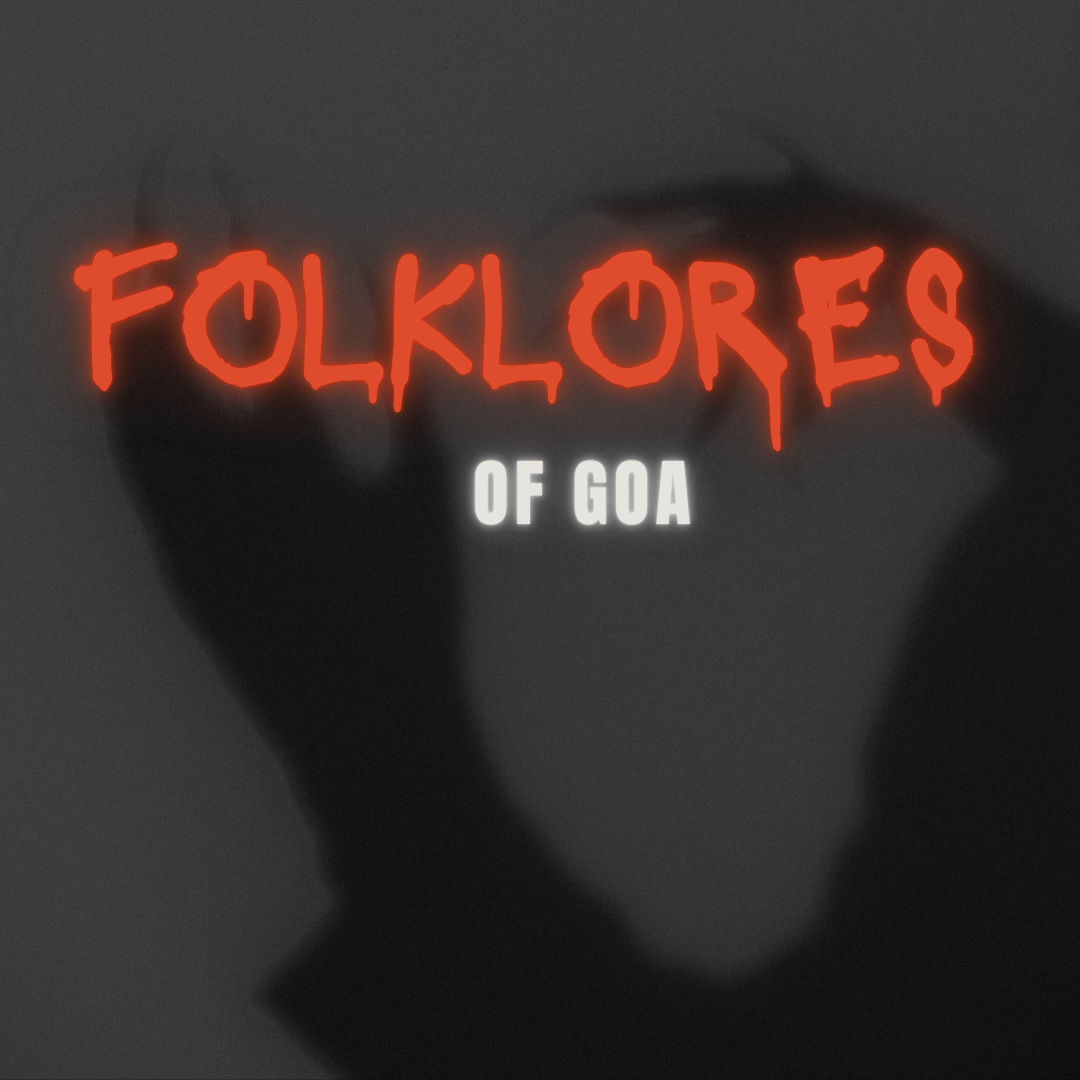
Goa, a land known for its picturesque beaches and vibrant culture, is also steeped in rich folklore. These stories have been passed down through generations, embodying the region’s traditions, beliefs, and superstitions. Here are some fascinating aspects of Goa’s folklore:
1. Bhut and Chudail
In Goan folklore, people commonly mention “Bhut” (ghosts) and “Chudail” (female spirits). They say Chudails are the spirits of women who died unnatural deaths. People often describe them as having backward-facing feet, believing they lure men to their doom. Bhuts can be the spirits of anyone who met a tragic end or have unfinished business in the mortal world.
2. Rakandhar
People believe Rakandhar is a malevolent spirit that guards treasure or hidden wealth. Stories say that Rakandhar demands a human life to release its hold on the treasure it guards. People know this spirit to mislead and frighten those who attempt to discover the hidden riches.
3. Devchar
A mischievous spirit known as a Devchar is often depicted as a small man with a beard. These spirits play pranks on people, such as leading them astray in the forest or causing minor accidents. However, Devchars can also be benevolent, helping people in need or protecting children from harm.
4. The Legend of the Coconut Tree
The stories of prosperity and protection often associate the coconut tree. According to one legend, a poor farmer planted a coconut tree after a divine figure instructed him to do so in a dream. The tree brought him great fortune and prosperity. Many Goans believe that planting a coconut tree brings good luck and wards off evil spirits.
5. The Curse of the Salt Pans
In some coastal villages, there are tales of cursed salt pans. These stories/ Folklore of Goa often involve a tragedy where the salt workers met a gruesome fate due to betrayal or greed. People believe that the spirits of these workers haunt the salt pans, and anyone who tries to profit from them faces dire consequences.


